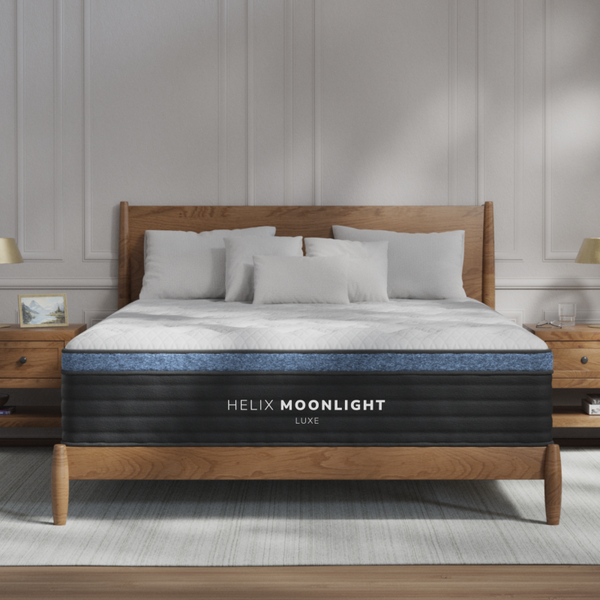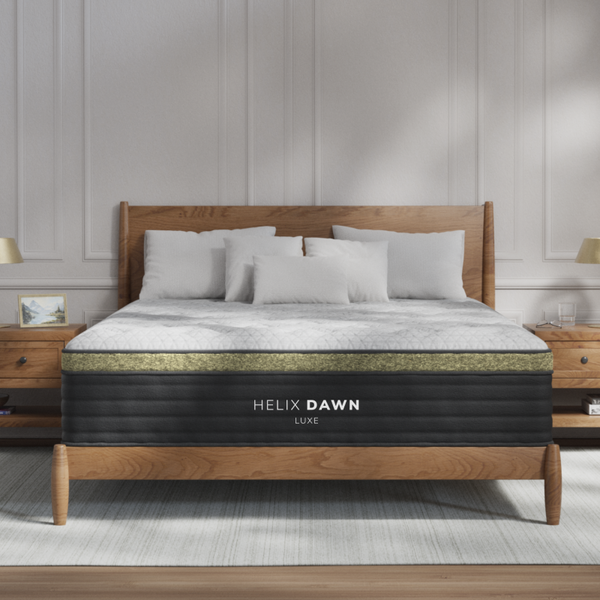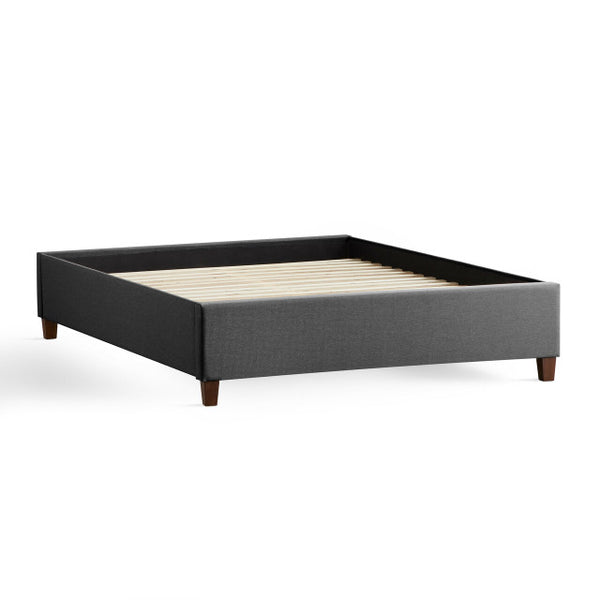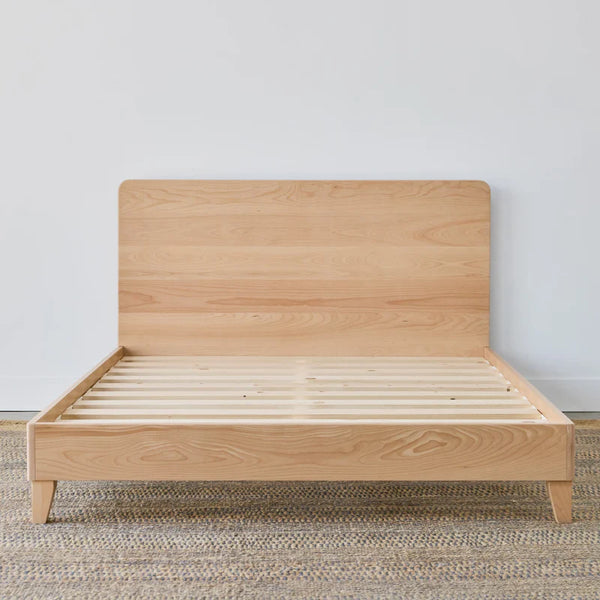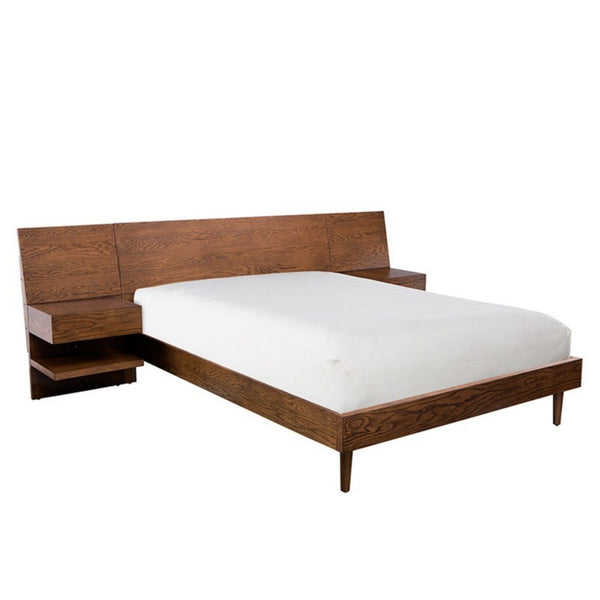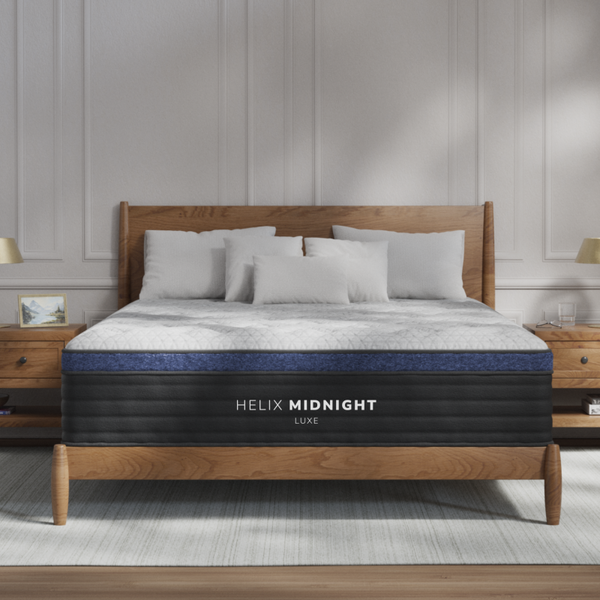How Heavy Is a Mattress on Average?
Mattresses come in all sizes, and their weight may be an important consideration when shopping. While not the primary factor, it could impact aspects such as cleaning or setting up.
Knowing how much a mattress weighs can be invaluable when selecting a size and type. Below are some average estimates as to how much a mattress should weigh on average.
Size
Size and type are major contributors to a mattress’s weight, making this information essential when searching for one. A heavy mattress may make moving around or cleaning more challenging than one with lesser mass.
A twin mattress is thinner than other standard sizes, making it an excellent option for small spaces such as children’s bedrooms or guest bedrooms. Usually weighing 45 to 60 pounds, twin mattresses make an affordable and practical choice for bed sharing arrangements.
Queen and king size mattresses are larger than twin mattress, making them the more popular choices among sleepers and couples alike. Both options provide ample room for stretching out comfortably with plenty of room between 45 to 70 pounds in weight for both sleepers.
Mattresses of this size typically weigh more than other varieties due to the multiple materials and layers they contain, along with their higher foam density, which makes them more durable and supportive.
Memory foam mattresses typically feature high-density cores and foam layers that add weight, as do hybrid models with their cushioning foam and innerspring coils – both factors making these types heavier than others. An average memory foam mattress typically weighs 120 pounds while hybrid models tend to be heavier.
Materials
Weight plays an integral part in how easily mattresses can be moved around, with heavier ones being harder to transport than their lighter counterparts. Knowing an average mattress weight before purchasing one can make all the difference when cleaning or rearrange your furniture within your room, or when setting up your new bed! Knowing its average weight also allows you to determine how much assistance will be necessary if setting up a new mattress yourself.
Innerspring mattresses are the most widely-used choice, typically weighing less than memory foam or latex models. But their weight may differ depending on the materials used – for instance, wool mattresses tend to be heavier due to being composed of natural material that requires additional resource inputs than synthetic fabrics and has lower elasticity, supporting less people than others types.
Other popular options for mattresses are futon models and airbeds. Futon models tend to be lighter while airbeds tend to be heavier; both models are easy to move around but don’t provide as much comfort. When purchasing a mattress, materials and comfort layers should be considered instead of weight alone – as dust mites, dead skin cells, hair, etc. accumulate over time on any given mattress, altering its weight over time.
Density
When selecting mattresses, it’s essential to take note of their density. A mattress made of higher density materials will last longer and be more durable compared to one made with lower-density foam; however, density alone cannot determine its quality; hardness and comfort level must also be considered when selecting one.
Different kinds of foam have different additives and internal structures that alter their densities, with memory foam typically having more compact structures than polyfoam and therefore having a lower density rating. Foam with higher densities will feel firmer and offer greater support.
Foam density is measured in pounds per cubic foot (PCF). A lower-density foam will weigh less due to having fewer cells per volume, yet may require greater force to compress by 25% of its original thickness.
Weight should not be used as an indicator of mattress quality; rather, it’s essential that you choose one suitable to your body size and sleep style in order to promote good posture and prevent back pain. Furthermore, it should be cleaned periodically to eliminate dust mites or allergens; at minimum once every three months should ensure optimal ventilation of your mattress.
Height
Height can make a big difference when it comes to mattress comfort. A proper height supports body weight, encourages spinal alignment and alleviates pressure on joints and back; plus it can make getting in and out easier!
The height of a mattress is generally determined by its comfort layer and support core thicknesses. The comfort layer serves to alleviate pressure points while contouring to body contouring needs, while its support core lies beneath, typically comprising half to two-thirds of total mattress thickness.
As might be expected, mattresses with thicker comfort layers will tend to weigh more than those with thinner ones due to more materials that contribute to its weight.
Mattress thickness is an individual preference that should be carefully considered alongside sleep position and materials used. Most adults should aim for 10 to 12 inches as an ideal thickness range – for sleepers who weigh 130-230 pounds this should provide enough support without placing undue strain on their foundation. Sleepers weighing more than 230 pounds may prefer thicker mattresses to help avoid sagging over time.
No matter if you are searching for a full, queen, King or California king mattress – weight should always be considered when making your decision. Heavier mattresses will require more effort when moving them around but often become necessary when finding your ideal bed.



